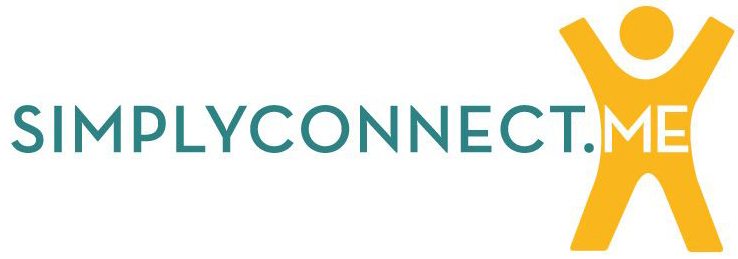Following Sen. Joe Manchin’s (D-WV), announcement last month that he would not vote for the Build Back Better Act in its current form, Democratic leaders and the White House began planning the best path forward for the legislation. While Manchin has since said he is willing to resume negotiations, it is still unclear exactly what the next version of the legislation will look like. Congressional aides say the legislation may not be ready for floor action until the end of January at the earliest.
With Build Back Better pushed back, Senate Majority Leader Charles Schumer (D-NY) announced the Senate will focus on voting rights legislation and filibuster reform in January. Both issues face strong opposition in the narrowly divided Senate but are seen as priorities for Democrats as negotiations around Build Back Better shift to a potentially narrower package. Lutheran Services in America will continue to advocate for the inclusion of at least $150 billion for home and community-based services in the next legislative package, as well as key provisions that would help address the acute direct care workforce shortage including:
- $1 billion for a grant program funding strategies to recruit and retain direct care workers; and
- the provisions of the WORK NOW Act to create a $50 billion grant program supporting nonprofits in paying wages and benefits.
We also continue to urge Senators to remove provisions which would worsen workforce shortages:
- An unfunded mandate increasing the amount of time a Registered Nurse must be on duty at a Skilled Nursing Facility (SNF) from 8 hours per day to 24 hours.
- A requirement that the Department of Health and Human Services conduct a study on establishing certain minimum staff to resident ratios in SNFs and to mandate the implementation of the study’s recommendations without providing additional funding for providers.











